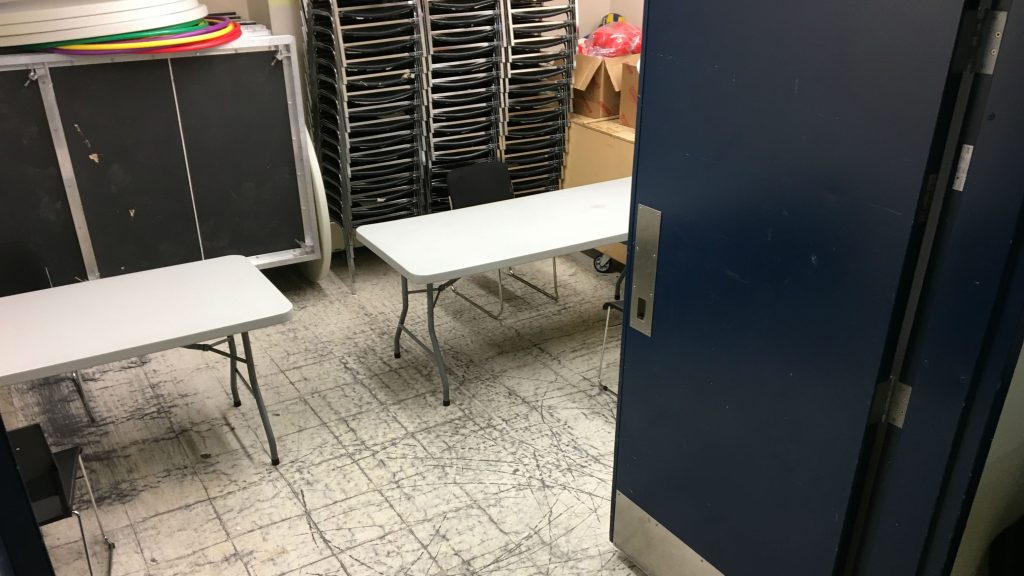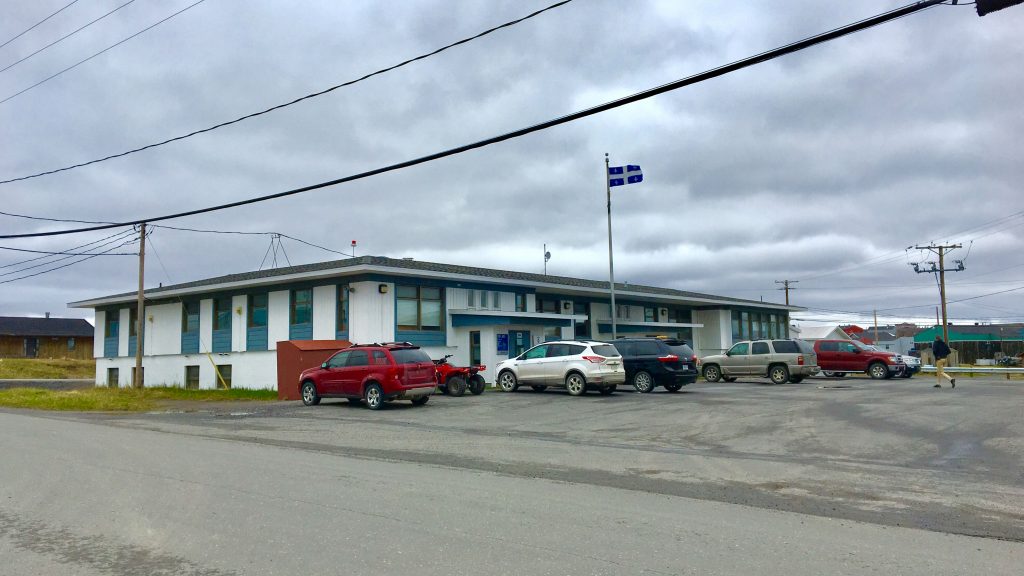As provincial budget approaches, Quebec Bar sounds alarm on dire state of Nunavik justice system

With the Quebec provincial budget scheduled for later this month, the Quebec Bar Association is demanding immediate, short-term investments to address justice system shortfalls in Nunavik, the Inuit region of Arctic Quebec.
“The justice needs in the North are urgent, especially for the citizens of Nunavik,” said Paul-Matthieu Grondin, president of the Quebec Bar Association, in a French-language news release on Wednesday.
“It’s imperative to help Indigenous communities obtain a justice system better adapted to their reality. It’s our responsibility as a society to provide fair and equitable services to all Quebecers when it comes to basic services such as access to justice. “
The association pinpointed three areas that needed urgent action: the immediate creation of two deputy judges assigned to Nord-du-Québec, an administrative region of the province that includes Nunavik; two additional interpreters to work with the travelling court, and the addition of 10 paralegal positions to the current 17-member team.
The association said the addition resources would total $2,606,100 in the short term.
Red flags raised over decades
There are no resident judges in Nunavik, a region with a population of around 13,000 people.
The region’s 14 communities are served by an itinerant court from southern Quebec that visits communities an average of two to four times a year depending on the weather.

The dire limitations of the Quebec justice system in serving Inuit in the province’s Arctic have been repeatedly flagged over the last 20 years in several independent reports:
- Aqqusiurniq Sivunitsasiaguniqsamut (1993) Inuit Justice Task Force final report
- Parnasimautik Consultation Report (2014) prepared by Quebec’s major Inuit organizations
- “Justice is the Far North” (2015) s report from the Quebec Bar Association that laid out in detail the ways the justice system was failing the people of Nunavik
- “Detention conditions, administration of justice and crime prevention in Nunavik” (2016) a special report by the Quebec Ombudsman that examined inadequate detention conditions, administration of justice and crime prevention in Nunavik, and which also blasted the years of inaction in addressing the issues faced by Quebec Inuit, saying that: “…stakeholders have been aware of the situation for several decades, it is disappointing to see that in 2016, the authorities concerned still have not taken concrete concerted action to improve the situation.”
In 2018, Montreal defence lawyers Victor Chauvelot and Louis-Nicholas Coupal filed a class action lawsuit seeking financial compensation for Nunavik detainees whose bail hearings have been delayed beyond the three-day Canadian maximum after arrest.
The justice system has also been a focus of Quebec’s Viens commission, set up in 2016 to examine the relationships between Indigenous peoples and Quebec’s public services, with Inuit testifying to a range of challenges in navigating the justice system including poor communication from authorities, and that the misunderstanding of things like bail conditions can lead to legal problems. (The majority of Nunavik’s Inuit speak Inuktitut as their mother-tongue, while in the province of Quebec, the official language is French and the majority of legal proceedings are conducted in English.)
Lack of staff and recruitment issues is also forcing Nunavik’s legal aide office in the village of Kuujjuaq to be shut down this month and transferred 1300 kilometres away to the city of Val-d’Or in southern Quebec.
The provincial budget is scheduled for March 21.
Write to Eilís Quinn at eilis.quinn(at)cbc.ca
Related stories from around the North:
Canada: Death in the Arctic – A community grieves, a father fights for change, Eye on the Arctic
Finland: Police in Northern Finland overstretched, says retiring officer, Yle News
Sweden: Cross-border Nordic policing would better serve Arctic: politician, Radio Sweden
United States: Alaska’s crime rates are soaring, stats show, Alaska Public Media



